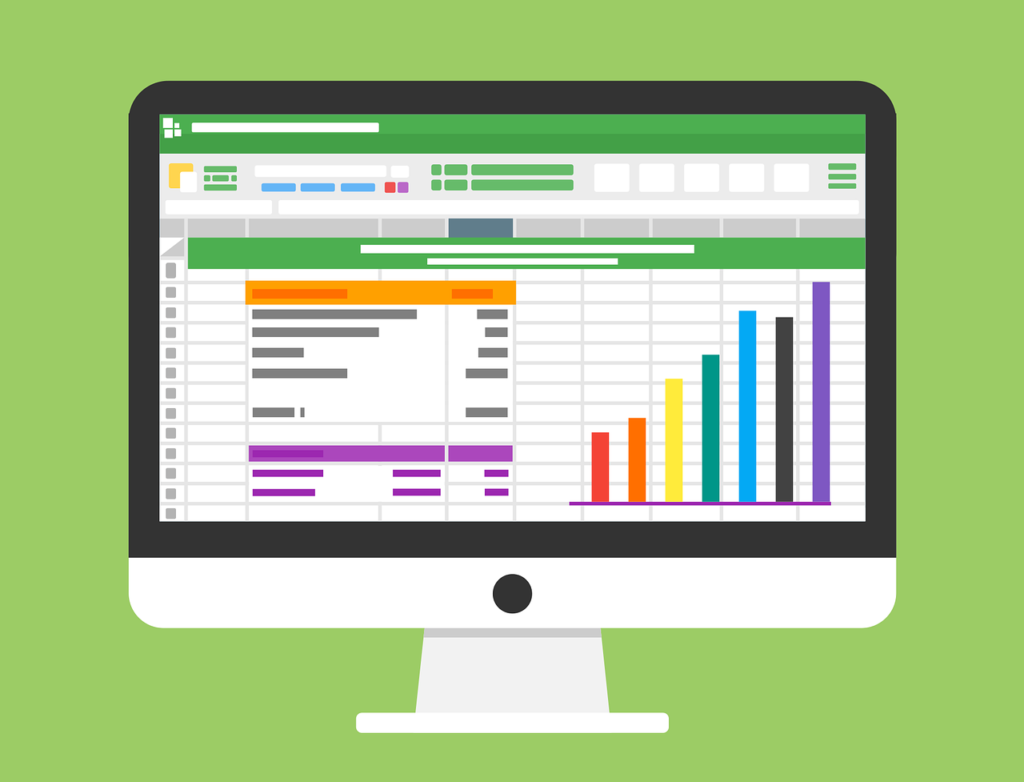
Since the last ten years, we have seen a growth in the number of mobile users, and there has been an increase in the use of the internet. A lot of data is getting generated every single Nano-second. How to know whether data is important or not? That is where the need for Data Analytics arises. Let’s first take a look at a fundamental definition of Data Analytics.
Data Analytics Definition with Example
Data Analytics is a process of finding information from the generated data to make an informed decision.
For example, if Chennai Superkings, a team in the Indian Premier League (IPL), needs to decide on a couple of players at the time of auction whether to take or not, whom to take, etc. Then they can do with a data approach. They might check the recent records of both the players, their runs scored overall, and also their average in T20’s. This all information might help them make an appropriate decision on whom to buy at the auction.
Now, if we need to divide the above examples into different processes that are involved in data analytics to get an in-depth understanding of data analytics, then we can do it in the below-mentioned way.
The decision that is to be taken – Selection of a player at the time of auction.
Data – You have player records.
Information – Check recent scores & average.
Action – Select the player who has a better average and has scored well in recent matches.
Data analytics is a process of drawing conclusions with the help of software. Data analytics technologies and techniques are widely used in the commercial industry to make more informed and better decisions and by researchers to draw conclusions to verify the old scientific models and disprove theories and hypotheses.
It is an assortment of applications from reporting and OLAP to advanced analytics, considering it similar to business analytics, where the latter is focused more on business decisions, and data analytics has a broader focus.
Data analytics helps businesses to grow their revenue, improve their operations, optimize marketing campaigns and customer services, to adopt the market trends, and gain a competitive edge over rivals with an ultimate goal of increasing the business efficiency and performance. The amount of data that is to be analyzed depends on the type of application. Additionally, it can have a combination of internal systems as well as external data sources.
With the increase in the demand and importance of data analytics, it becomes slightly tough to shortlist the top analytical tools. In recent times, open-source tools are user-friendly, more popular, and performance-oriented as compared to the paid versions. Many open-source tools require less coding and manage to give better results than the paid tools.
Let us first list down the five different categories and the tools as per the category to give you an understanding of the functionalities and working of the tools.
a) Data Extraction tools
Octoparse, Content Grabber, Import.io, Parsehub, Mozenda
b) Open Source Data tools
Knime, OpenRefine, R-Programming, RapidMiner, Pentaho, Talend, Weka, NodeXL, Gephi.
c) Data Visualization tools
PowerBI, Solver, Qlik, Tableau, Google Fusion Tables, MS Excel, Infogram.
d) Sentiment tools
Hubspot’s ServiceHub, Semantria, Trackur, SAS Sentiment Analysis, Hootsuite Insight.
e) Databases
Oracle, PostgreSQL, Airtable, MariaDB, Improvado.
These tools help you in analyzing the data in a required manner, and you can choose among them the best tool as per your client’s requirement. We would love to discuss 5 top analytical and essential tools that are widely used in almost all the industries in recent years. They are,
1. R Programming
R is a leading analytics tool that is commonly used in industry for statistics and data modeling. It can easily manipulate the data and present it in different required ways. R holds the capability of compiling and running on various platforms, i.e., Windows, MAC, etc. It has in all 11,000+ packages which you can browse by categories. It also provides tools to install these packages as per user requirements.
2. Tableau
Tableau is free software that connects all the data sources like a data warehouse, MS Excel, or web-based data and creates a data visualization, maps, dashboards, graphs, etc. with real-time updates as per your requirement. Its big data capabilities make them more critical; one can analyze and visualize data better than any other software available in the market at present.
3. Python
Python is an object-oriented scripting language that is easy to read, write, maintain, and also it is a free open source tool. Guido Van Rossum developed it in 1991, and it supports both structured and functional programming methods. The most powerful feature of Python is that it can be assembled on any platform like MS SQL, JSON or MongoDB, etc.
4. Apache Spark
Apache Spark was developed in 2009 by the University of California. It is a fast data processing engine, and it executes applications in the Hadoop clusters 100 times quicker in memory and 10 times faster in the disk. Spark is built on the data science concept, and it is more famous for data pipelines and machine learning.
5. Microsoft Excel
Microsoft Excel is the most widely used analytical tool across the whole industry. Whether you are an expert in R or Tableau, MS Excel is still essential. MS Excel becomes important when there is a need for analyzing a client’s internal data. It holds the capability of modeling the data in the form of graphs, tables, rows, and columns. It helps in analyzing and summarizing the data as per the client’s requirement with the help of Pivot Tables.
These are some tools that every data analyst should know to prosper in the field of data analysis. Gone are the days when data analysts were using just one tool. Anyone working with data these days need to be well versed with multiple data tools to make their life secure in this competitive industry.
Do you know all the tools that we mentioned above?
If not, you can check out various data analytics courses that can help you learn everything about these tools and data analysis in general.










